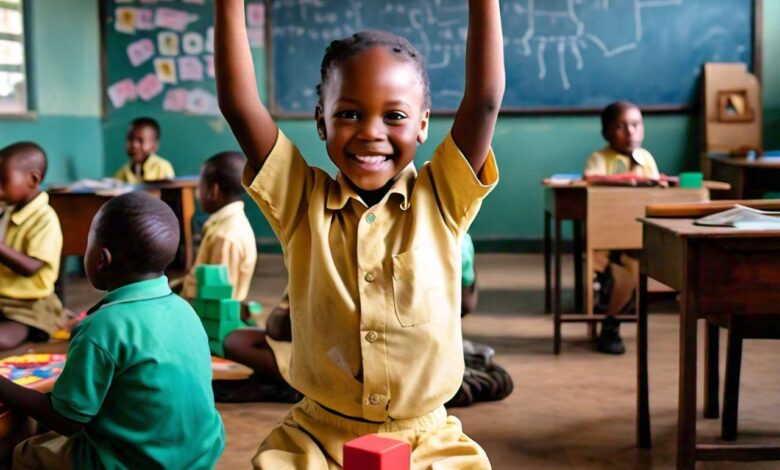Transforming Education in Zimbabwe: Embracing Modern Teaching Practices

In a rapidly evolving world, the need for modern education practices in Zimbabwe has never been more urgent. Around the globe, schools are adapting to shifting technological landscapes, inclusive pedagogies, and student-centred learning methods. For Zimbabwe to flourish in the 21st century, it must reimagine its curriculum. This will be by integrating globally accepted educational strategies into its primary and secondary schools.
Why Modern Education Practices Matter for Zimbabwe’s Future
Also, the heart of education lies not only in textbooks but in the way knowledge is delivered and received. In countries like Finland, Singapore and Canada, innovative teaching methods focus on collaboration, emotional intelligence and digital literacy. Zimbabwe has the potential to follow suit by adopting these systems into its own framework. In doing so, we can unlock a new era of learning that is both responsive and relevant to today’s learner.
Moreover, modern education practices encourage independent thinking and practical problem-solving—skills critical for navigating the complexities of the modern world. Our traditional rote-learning model, while valuable historically, now risks leaving learners underprepared for careers in science, technology and the creative industries.
How Other Nations Are Paving the Way with Progressive Learning Approaches
Furthermore, globally, schools are shifting towards experiential and inquiry-based learning. In Finland, students spend less time in the classroom yet consistently outperform their peers globally. This is because the curriculum is personalised, teacher autonomy is high, and well-being is prioritised.
In contrast, Singapore’s approach emphasises early skill development and teacher excellence. Zimbabwe can draw lessons from such systems. This can be by restructuring teacher training programs and embedding real life project-based assessments within the learning journey.
These modern teaching strategies can cultivate critical thinkers and ethical citizens if thoughtfully adapted to our local context.
Digital Classrooms and Zimbabwe’s Technological Readiness
Additionally, the use of digital tools in classrooms, from tablets to online platforms, has revolutionised how students interact with content. While internet access remains a challenge in parts of Zimbabwe, urban schools and government pilot programs have already begun experimenting with online learning systems.
Therefore, to make this scalable, we must invest in digital infrastructure and train educators. This will integrate contemporary educational methods effectively. Collaboration between the government, private sector and non-profit organisations can accelerate this transformation, ensuring equitable access across all regions.
Learning That Nurtures the Soul
Beyond academics, modern education practices consider the holistic development of the learner. Emotional intelligence, mental health awareness and socio-emotional learning are now pillars of leading curricula. So, Zimbabwean schools can incorporate these. They can be through peer support programs, mindfulness sessions and inclusive education models that respect diversity and nurture confidence.
Embracing such change not only boosts academic outcomes but fosters compassionate, resilient learners—ready to lead and innovate.
Building a Zimbabwean Curriculum Rooted in Innovation
Also, for our nation to embrace modern education systems we must localise international practices without losing our cultural identity. This means involving teachers, parents and students in shaping a dynamic curriculum. One that resonates with Zimbabwean values while promoting global citizenship.
Finally, a forward-thinking curriculum will equip students with skills needed in digital economies and community development. Through phased integration, policy reform and inclusive dialogue, Zimbabwe can build an education system that rivals the world’s best.
A Call for Action and Hope
It’s time we envision a Zimbabwe where every child thrives in an environment powered by modern education practices. Furthermore, change will require commitment, collaboration and courage—but it is within our reach. By blending tradition with innovation, Zimbabwe can transform its classrooms into incubators of creativity, progress and dignity.





